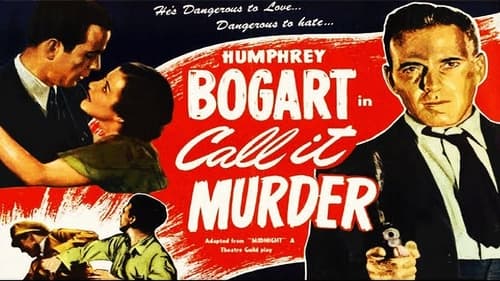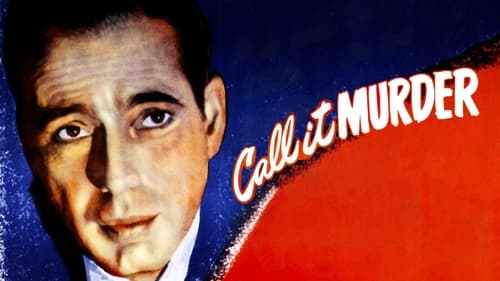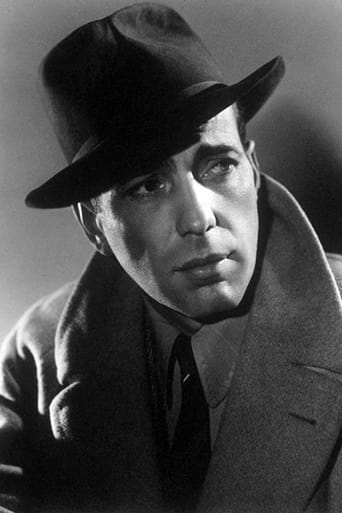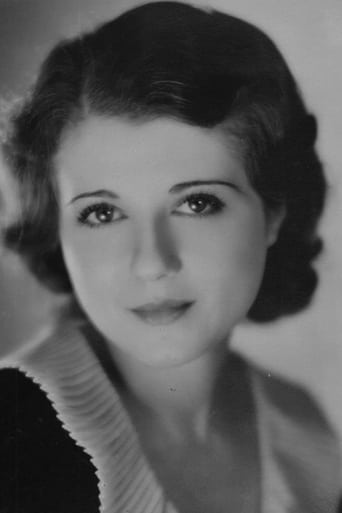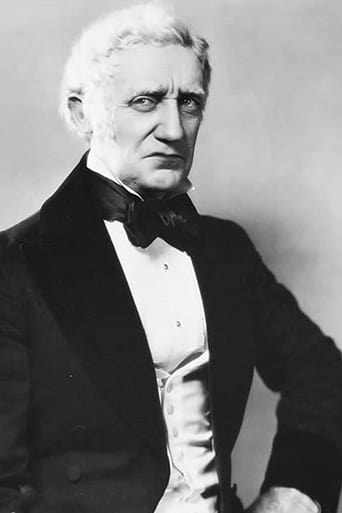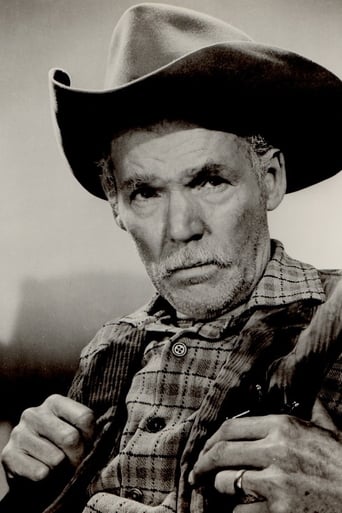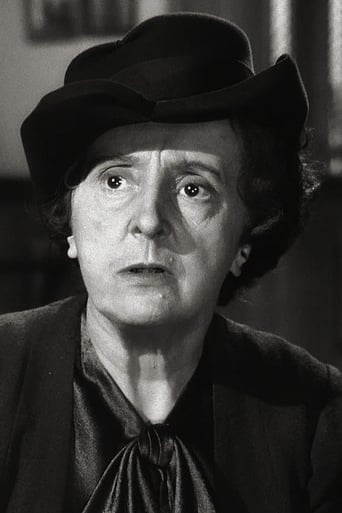kidboots
Obviously any Broadway play was good enough to turn into a movie in the early thirties - even a flop!!! It was also obvious that when the film was first released Henry Hull, O.P. Heggie and Sidney Fox were the stars. In my copy Humphrey Bogart is given star status, even though his role is just a supporting one. Who was Sidney Fox?? Sidney Fox was a petite brunette who in her first film "Bad Sister" (1931) was predicted to be the "sister" who was going places - Bette Davis played the "good" sister. (Humphrey Bogart also had a role in that movie as well). Unfortunately she didn't and only made 14 films. She had just married Charles Beahan and "Midnight" was supposed to be her "comeback" film but she only made two more and her last, "Down to Their Last Yacht" (1934), was supposed to be one of the worst musicals ever made."Midnight" is the story of a righteous juror whose moral high ground comes back to haunt him. Edward Weldon (O.P. Heggie) is the head juror at the trial of Ethel Saxon (Helen Flint) and a question he asks - "did you take the money before or after you killed him" - seals her fate.On the night of her execution, Weldon, who has been pilloried in the press for his unbending attitude, is determined to stay home - so he doesn't have to face the waiting newspapermen at his door. His son-in-law Joe (Lynne Overman) has made a bargain with a reporter who wants to take a photo of Weldon's face at midnight - the time Saxon is to be executed. Meanwhile, Stella (Sidney Fox) has met Gar Boni (Humphrey Bogart) at the trial and has been having an affair with him. Gar means the world to Stella, but to Gar, Stella is just a pleasant diversion - he is about to leave town and he doesn't intend to take her with him. Stella, who has seemed jumpy all through the movie, comes home confessing she has killed Gar. The reporter, Nolan, (Henry Hull) is the voice of conscience and reason throughout the film. The movie seems to sit on the fence as far as opinions about capital punishment go. I like one reviewer's opinion that it moves like an iceberg - I completely agree. The film ends quite tidily, with no question mark against anyone's values.Margaret Wycherley, one of Hollywood's greatest character actresses (she played James Cagney's mother in "White Heat" (1949)) didn't have much to do as Weldon's wife.
sddavis63
Humphrey Bogart receives top billing in this film, which is somewhat surprising since he actually isn't in the movie all that much. He plays a man named Gar Boni, boyfriend of a woman (Sidney Fox) whose father (O.P. Heggie) was the foreman of a jury that convicted a woman of murder and had her sentenced to death. On the night the woman is due to be executed, the family gathers with friends who all try to convince Weldon (the father) that he should intervene to prevent the execution. (How a jury foreman would intervene at this late date is never answered.) He refuses, only to have his daughter stumble into the house, announcing that she's killed Gar. Weldon then has to decide whether to protect her or turn her over to the law.All things considered this movie hasn't aged particularly well. The acting is mediocre and the story of Weldon's daughter killing Gar on the same night the woman Weldon's jury convicted is to be executed is just too neat and tidy and contrived. No doubt this deserves some credit for tackling a controversial subject, and the movie seems to be an early example of advocating leniency for women who kill men who are unkind to them. Still, simply tackling a difficult subject isn't enough to make a bad movie into a good one. Fans of Bogart will be both interested and disappointed in this one: interested because it represents a look at one of his very early roles and disappointed because it's such a limited one. The other disappointment, of course, will be that this is really such a poor movie. 3/10
peter-cossey
This early Bogart movie is only available on DVD/video in a reissue print entitled "Call it Murder". This print lists Bogart above the title instead of 8th in the cast as in the original release, and was obviously resurrected to cash in on Bogart's post 1930's fame. He is adequate in a small part, but the film is a slow-moving filming of a 1930 play that is interesting enough as a moral melodrama, but also mercifully short. The interest lies in the sequences in the courtroom and death chamber, which eschew the stage-bound grouping, and ponderous delivery of the body of the film, and uses the camera in an imaginative and cinematic way. Worth a look as a 30's melodrama, but don't expect a Bogart movie.
lugonian
MIDNIGHT (Universal, 1934), directed by Chester Erskine, based on a stage play, is reproduced as such in this screen adaptation reportedly filmed and produced in New York City. Headed by Sidney Fox, in one of her final screen roles and last for Universal, she plays Stella, the daughter of Edward Weldon, a jury foreman (O.P. Heggie, the actor most famous today for his role as the blind hermit in THE BRIDE OF FRANKENSTEIN (1935)) at a trial where a woman, Ethel Saxon (Helen Flint) is accused of murdering a man who betrayed her. Because Weldon is solely responsible for the verdict that convicts Saxon to be later executed at midnight in the electric chair, his personal life changes dramatically. Weldon is not only hounded by reporters after the trial, particularly one named Nolan (Henry Hull, the future WEREWOLF OF London also in 1935) who manages to be a guest at his home on the night of Saxon's execution, but he must stand firm with his decision regardless. Stella, who had become acquainted with a man at the trial named Garboni (Humphrey Bogart), becomes interested in him, unaware that he is a gangster, but learns about him later on in the story when she notices that he carries a gun. When Garboni finds himself having to be forced to leave town, Stella wants to go away with him, but he refuses to let her do so, but agrees on meeting her one last time before he goes. On the very night of Ethel Saxon's execution, Stella and Garboni have a farewell meeting in his car. As the switch is being pulled on Saxon, a gun shoots off on Garboni. Returning home to her father with the gun in her hand, Stella admits to shooting Garboni, which puts the old man into a real predicament as to what to do. Should he stand by his own merits and have his own daughter arrested for the crime, or find a way to violate the law and shield her?Although the story premise is very interesting, especially the subject about a man who feels a murderer must pay the price, only to have his own daughter commit the same kind of crime of passion, MIDNIGHT fails to deliver mainly because of stiff, stagy production with not so convincing dialog. Under capable hands of a more suitable director, for instance, William Wyler, for example, MIDNIGHT might have worked as a tense and moving drama. Sidney Fox, who usually gives a satisfactory performance, seems to be the weakest link here, talking somewhat shaky at times for no reason. She's not very convincing, especially during her emotional scenes. Occasionally the camera shots moving at different angles keeps the pace moving, but not enough to hold one's interest at 73 minutes.Other capable members of the cast include Margaret Wycherly as Mrs. Weldon; future director Richard Wholf as Stella's brother, Arthur; Lynne Overman and Katherine Wilson as Joe and Ada Biggers, tenants of the Weldon household; Granville Bates, Cora Witherspoon, Henry O'Neill, and Moffatt Johnston as a district attorney who is called to the Weldon home to solve the mystery to Garboni's murder.To capitalize on the success of future film star Humphrey Bogart, MIDNIGHT was later reissued in 1946 as CALL IT MURDER with Bogey being given star billing, the very print available to video cassette and DVD. It's the former Blackhawk Video Company of Davenport, Iowa, that distributed the movie on videotape with it's original "Midnight" title, opening credits headed by SIdney Fox, O.P. Heggie and Henry Hill, with Bogart's name listed eighth in the cast, as initially presented in theaters in 1934.MIDNIGHT will never be listed in Hollywood's Top Ten Best list, but it's worth viewing for being an early screen appearance of future superstar Humphrey Bogart or a rediscovery of Sidney Fox, whose movie career (mostly at Universal) lasted only three years. Fox and Bogart had worked together earlier in THE BAD SISTER (1931), which not only became Fox's movie debut, but the future two-time Academy Award winning actress, Bette Davis. (***)

